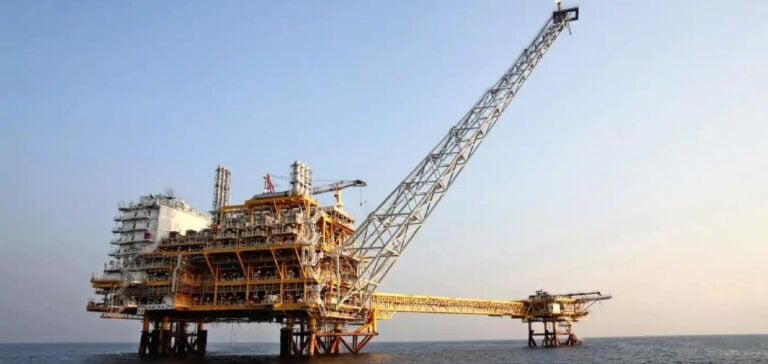East Timor and Australia are set to sign a landmark agreement for the development of the Greater Sunrise natural gas field in the Timor Sea.
This long-awaited project represents a strategic challenge for both nations.
The President of East Timor, José Ramos-Horta, has indicated that the agreement should be finalized by November 2024.
Greater Sunrise is considered a major asset for the economy of East Timor, which gained independence in 2002 and remains heavily dependent on hydrocarbons.
The gas field contains several billion cubic meters of gas, and its exploitation is a vital economic issue for East Timor, eager to diversify its sources of income.
Development of the project has been delayed by persistent disagreements between Dili and Canberra over maritime boundaries and the location of gas processing.
The choice of gas destination, between East Timor and Australia, remains at the center of discussions, and an independent study is currently underway to determine the most cost-effective solution.
Geopolitical stakes and international pressure
The Greater Sunrise project is not just a bilateral issue between East Timor and Australia.
The region is at the heart of wider geopolitical concerns, not least China’s ambitions in the Pacific.
Beijing is showing a growing interest in the region’s natural resources and may seek to finance the project, raising concerns in Canberra.
This dynamic is influencing the current negotiations and increasing the pressure to reach a balanced agreement.
President Ramos-Horta acknowledged the historical tensions between his country and Australia, exacerbated by allegations of espionage, but stressed that bilateral relations have improved in recent years.
Australia, for its part, is seeking to ensure that the project does not fall under the influence of third-party players who could alter the regional strategic balance.
Economic challenges and technological choices
One of the major sticking points is where the gas from the Greater Sunrise field will be processed.
East Timor is pushing for the gas to be processed on its territory, citing geographical proximity and economic advantages for its development.
Australia, for its part, is proposing the northern city of Darwin, which already boasts a well-established gas infrastructure.
The final decision will depend on the results of the independent study currently underway, which will assess the economic and technical feasibility of each option.
Australian operator Woodside Energy, responsible for the development of the project, describes the Greater Sunrise field as “complex” and stresses that a number of technical and financial challenges remain to be overcome.
These include the need to develop new infrastructure, ensure security of supply, and meet the regulatory requirements of both countries.
High development costs and environmental considerations add to the uncertainties surrounding the project.
Economic outlook for East Timor
For East Timor, Greater Sunrise represents an opportunity to strengthen its economic sovereignty by reducing its dependence on current oil and gas revenues.
However, the realization of this project depends not only on the agreement with Australia, but also on the country’s ability to attract the necessary investment and secure viable commercial outlets on international markets.
Japan and South Korea have already expressed an interest in future gas exports, which could create additional strategic partnerships.
Australia, despite its progressive commitment to renewable energies, remains a regional energy powerhouse dependent on natural gas for its transition.
The development of projects such as Greater Sunrise is crucial to maintaining a strong position in the energy market and providing a counterweight to outside influences, notably that of China.
Future strategies and uncertainties
The Greater Sunrise development could prove to be a pivotal project for East Timor’s energy future, and a key factor in economic and geopolitical relations in the Asia-Pacific region. The finalization of the agreement by November is therefore eagerly awaited, and the strategic choice of where the gas will be processed will largely determine the distribution of economic benefits between Dili and Canberra.
Regional and international players such as China, Japan and South Korea are keeping a close eye on these developments, aware that decisions taken today could shape the region’s energy and geopolitical dynamics for years to come.






















